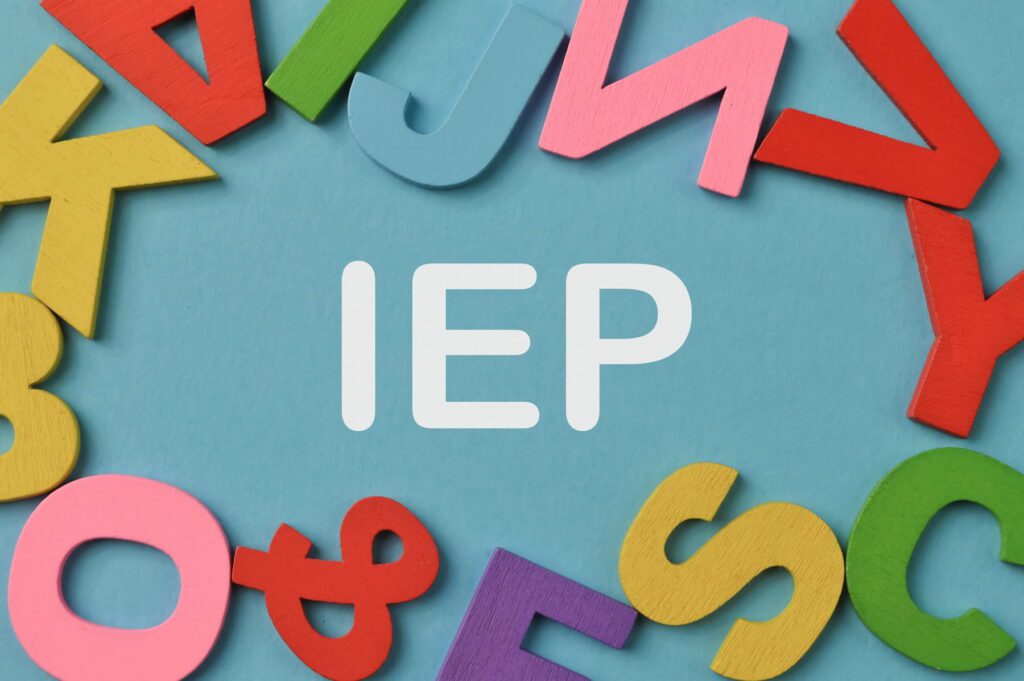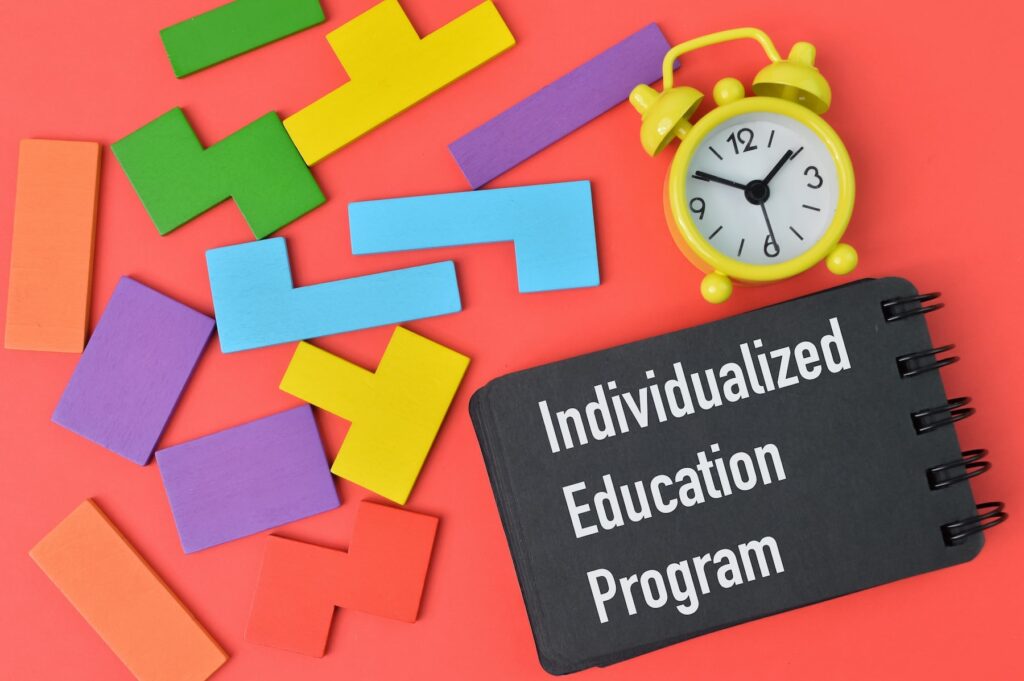Understanding Autism IEPs: Your Roadmap to Supporting Your Child
Understanding Individualized Education Programs (IEPs) in Phoenix can be challenging. This guide is based on real conversations with local parents, educators, and specialists, and aims to provide clear, practical advice. Whether you’re new to the Autism IEP’s process or seeking to enhance your existing knowledge, this guide will help you navigate each step with confidence. Our goal is to empower you with the information and tools needed to advocate effectively for your child’s educational needs. By understanding the process and knowing your rights, you can ensure your child receives the support they deserve.
What are Autism IEP’s?
Autism IEP’s are more than a plan. They are a legal document that outlines the educational support your child will receive. Under the Individuals with Disabilities Education Act (IDEA), an IEP ensures your child gets the customized education they need to thrive.

Decoding the IEP Process
1. Start with Evaluation
Your journey begins with a comprehensive evaluation of your child’s needs. This evaluation assesses various aspects such as cognitive abilities, social skills, and behavioral challenges. It’s crucial to:
● Be Prepared: Gather any existing medical reports, educational records, and your observations about your child’s strengths and areas of need.
● Participate Actively: Share your insights and concerns with the evaluators. Your perspective as a parent is invaluable.
2. The IEP Meeting
The IEP meeting involves a team of professionals, including teachers, specialists, and you. Here’s what to expect:
● Before the Meeting: Review the evaluation results. Write down any questions or concerns you have.
● During the Meeting: The team will discuss your child’s current performance, set measurable goals, and decide on the services and supports your child will receive.
● After the Meeting: Review the written IEP document carefully. Ensure it accurately reflects the decisions made during the meeting.
3. Implementing the Plan
Once the IEP is in place, it’s time to put it into action. This involves:
● Classroom Adaptations: Teachers will use specific strategies and tools to support your child’s learning.
● Therapy Sessions: Your child might receive speech therapy, occupational therapy, or other services outlined in the IEP.
● Continuous Monitoring: Teachers and specialists will track your child’s progress and adjust the plan as needed.
4. Regular Check-ins
Regular meetings (at least annually) will be held to review and update the IEP. However, you can request a meeting anytime if you feel adjustments are needed. During these check-ins:
● Discuss Progress: Review your child’s achievements and challenges.
● Update Goals: Modify goals and services based on your child’s evolving needs.
● Collaborate: Maintain open communication with the IEP team to ensure the plan remains effective.
Components of an IEP
An IEP includes several key elements:
● Present Levels of Performance: A detailed description of your child’s current abilities.
● Annual Goals: Specific, measurable goals that your child is expected to achieve within a year.
● Special Education Services: Details about the type and frequency of services your child will receive.
● Accommodations and Modifications: Changes to the learning environment or teaching methods to support your child.
● Progress Reporting: How and when you will receive updates on your child’s progress.
Overcoming Challenges
Navigating the IEP process can be daunting, but you’re not alone. Here are some tips to overcome common challenges:
● Stay Organized: Keep all IEP-related documents in one place. Use a binder or digital folder to store evaluations, meeting notes, and correspondence.
● Communicate Effectively: Build a positive relationship with your child’s IEP team. Regular, respectful communication can prevent misunderstandings.
● Seek Support: Join local support groups or online communities of parents who are also navigating the IEP process. Sharing experiences can provide valuable insights and encouragement.
Local Resources and Support in Phoenix
Phoenix offers many resources to support families with IEPs:
● Phoenix Children’s Hospital: They provide comprehensive services for children with autism, including IEP support. Learn more.
● Raising Special Kids: This organization offers resources, workshops, and guidance for parents managing the IEP process. Learn more.
Empowering Your Child’s Educational Journey
This guide aims to help you navigate the IEP process and open doors for your child in Phoenix. Remember, the IEP is a dynamic tool that should grow and change with your child. With the right tools and support, you and your child can succeed.
Reach out to us today to begin your child’s personalized journey with our evidence-based, early intervention ABA therapy, meticulously tailored to meet your child’s unique needs and potentials.




